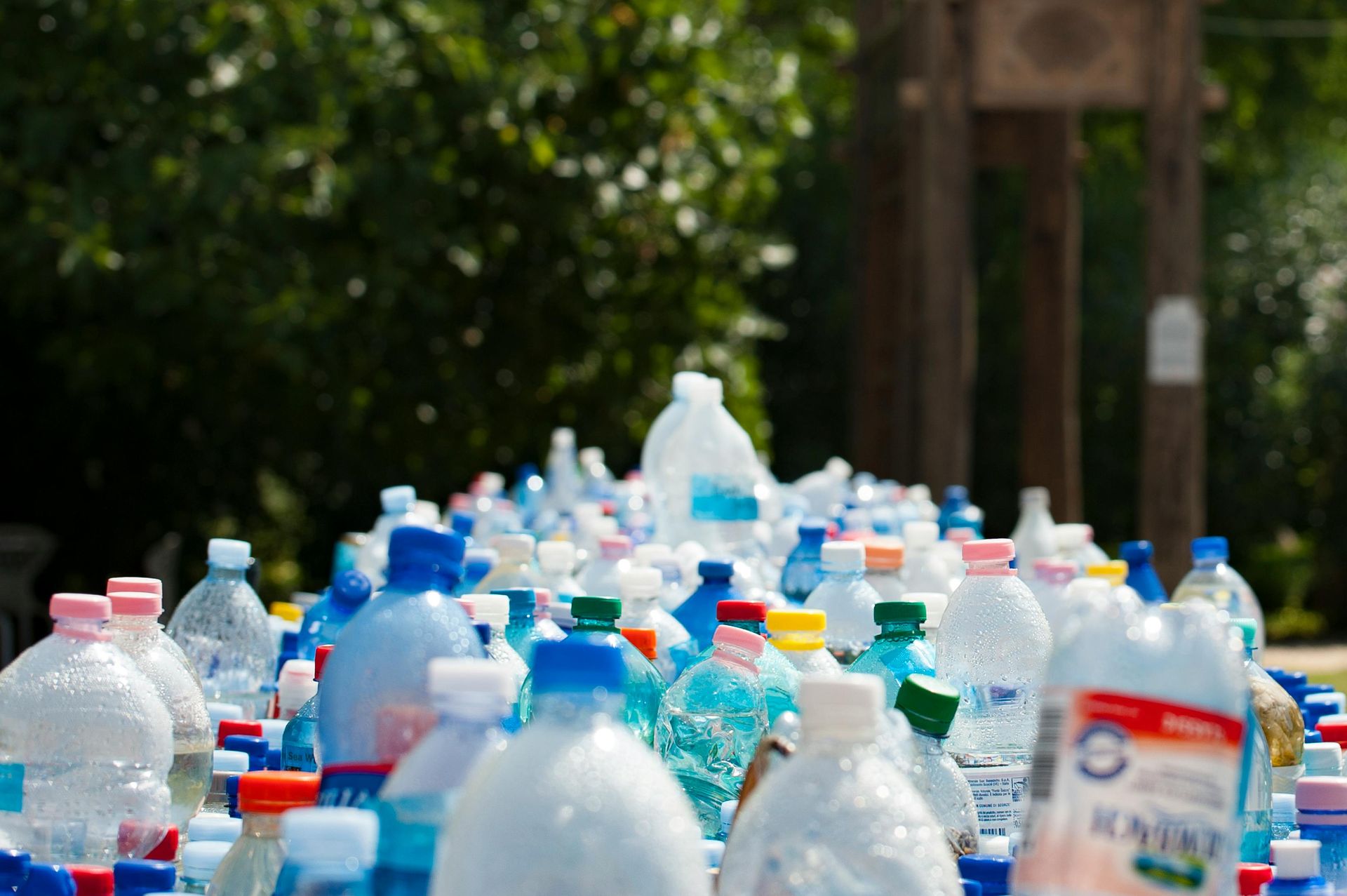Effective waste management is a cornerstone of a sustainable future. As our population grows and urbanization spreads, the amount of waste we produce escalates, putting immense pressure on landfills and natural resources. Proper waste disposal and recycling not only reduce pollution but also conserve energy, protect ecosystems, and create new opportunities in the green economy. Investing in waste management services is more than just an environmental need—it’s a crucial step in ensuring the planet can thrive for generations to come. In this post, we’ll explore why waste management is key to sustainability and how it benefits both the environment and society.
The Role of Waste Management in a Sustainable Future
Waste management plays a crucial role in fostering a sustainable future for our planet. As human activity continues to generate increasing amounts of waste, efficient disposal and recycling systems are needed to minimize the environmental impact. Proper waste management ensures that waste is diverted from landfills, reducing air, water, and soil pollution. It also plays a significant role in conserving natural resources, as many items that end up as waste can be repurposed or reused.
By focusing on reducing, reusing, and recycling, waste management helps create a circular economy. This approach reduces the need for new raw materials, lowers energy consumption, and minimizes waste accumulation. It’s a vital strategy in combating climate change and promoting environmental health.
How Waste Management Drives Environmental Protection
Effective waste management is essential for environmental protection. Improper disposal of waste leads to pollution of natural resources like water bodies, air, and land. By managing waste properly, harmful substances such as plastics and chemicals are kept away from delicate ecosystems. Implementing waste management practices helps maintain biodiversity and prevents the degradation of ecosystems, which are crucial for life on Earth.
Additionally, waste management promotes sustainable practices by encouraging recycling and composting. These actions reduce the strain on landfills and lower the release of greenhouse gases. Properly managed waste can be transformed into valuable resources like energy, contributing to cleaner, greener alternatives.
Why Proper Waste Disposal Matters for Sustainability
Proper waste disposal is a cornerstone of sustainability. Without it, waste accumulates in landfills, oceans, and forests, causing severe environmental harm. Managing waste through safe disposal methods keeps harmful toxins out of the air and water, ensuring a cleaner, healthier environment for all living organisms. Furthermore, controlling waste helps reduce the carbon footprint associated with excessive trash.
Beyond protecting the environment, proper disposal reduces the health risks posed by unregulated waste. Diseases can spread through improper disposal, especially in areas where waste management systems are inadequate. By ensuring waste is disposed of responsibly, we foster a healthier and more sustainable world for future generations.
Building a Greener Future Through Waste Management
Waste management is an essential tool in building a sustainable and greener future. It helps ensure that we don’t overuse natural resources and reduces the environmental toll from overproduction. By diverting waste from landfills through recycling and composting, we keep harmful materials from polluting our landscapes and waterways. This proactive approach supports a cleaner, more sustainable environment.
Adopting sustainable waste practices also creates economic opportunities, as industries focused on recycling and waste-to-energy technologies grow. These industries reduce the demand for virgin resources, creating a positive cycle of resource conservation. Waste management, therefore, is both an environmental and economic solution.
The Environmental Benefits of Effective Waste Management
Effective waste management offers numerous environmental benefits, the most significant of which is reducing pollution. By sorting and recycling waste, we can prevent hazardous substances from entering ecosystems. Additionally, recycling materials like paper, glass, and metals helps conserve energy and reduce the need for raw materials. This reduces deforestation, mining, and other resource extraction processes that harm the environment.
Furthermore, waste management helps reduce landfill overflow, which can cause the release of harmful gases like methane. By diverting waste from landfills, we reduce the production of these gases, thereby mitigating climate change. In the long run, these practices play a key role in maintaining a healthy planet.

Waste Management as a Key Pillar of Sustainability
Waste management is central to the concept of sustainability. It ensures that resources are used efficiently, waste is minimized, and harmful environmental impacts are avoided. Sustainable waste practices, such as recycling and composting, support long-term environmental goals like resource conservation and reduced pollution. These efforts reduce the burden on natural ecosystems and create healthier communities.
Proper waste management also encourages the development of green technologies that convert waste into valuable resources, such as energy. This supports a circular economy, where waste is continuously reused, reducing the need for new materials. Waste management is therefore a pillar in achieving environmental sustainability.
How Waste Management Supports Resource Conservation
Waste management directly contributes to conserving natural resources. By diverting recyclable materials such as metal, glass, and paper from landfills, we reduce the need to extract raw materials. Recycling these materials saves energy, reduces emissions, and preserves natural habitats. Additionally, composting organic waste enriches the soil, reducing the need for chemical fertilizers.
Efficient waste management practices also help minimize the overconsumption of resources. By reusing and recycling, we reduce the demand for new products and the energy required to manufacture them. This ultimately conserves precious resources, helping to sustain the environment for future generations.
The Impact of Waste Management on Our Planet’s Health
Waste management plays a vital role in safeguarding the health of our planet. When waste is not disposed of properly, it can lead to contamination of water sources, soil degradation, and the release of harmful chemicals into the air. Effective waste management reduces these risks by ensuring waste is treated or recycled safely. This keeps harmful substances from entering the environment, protecting ecosystems and biodiversity.
Furthermore, waste management reduces the buildup of trash in public spaces and natural areas. This not only improves the aesthetic appeal of our environment but also prevents the spread of disease. Responsible waste practices contribute significantly to the overall health and well-being of the planet.
Why Sustainability Depends on Better Waste Practices
Sustainability cannot be achieved without proper waste management. As the world’s population grows, the amount of waste produced increases exponentially, putting more strain on landfills and natural resources. Without effective waste practices, we risk depleting our planet’s resources and causing irreparable environmental damage. Proper waste management practices ensure that we reduce, reuse, and recycle materials, minimizing waste and conserving resources.
Additionally, sustainable waste practices help decrease pollution levels. By managing waste effectively, we can reduce the release of harmful gases like methane from landfills and lower the carbon footprint associated with waste. These actions are essential for building a sustainable future for both people and the planet.
The Essential Link Between Waste Management and Sustainability
Waste management is a critical component of sustainability. Without it, waste quickly accumulates, contributing to pollution and resource depletion. Proper waste management involves organizing, recycling, and disposing of waste in ways that minimize environmental harm. By rethinking how we handle waste, we reduce the need for raw materials and decrease the environmental impact of manufacturing processes.
In the long term, improved waste practices can help us achieve a circular economy, where resources are reused and waste is minimized. This shift is essential to reducing environmental strain and ensuring that we leave behind a planet capable of sustaining future generations.
Conclusion
Effective waste management is a fundamental aspect of building a sustainable future. By minimizing waste, recycling materials, and reducing pollution, we can significantly reduce our environmental footprint. Proper waste disposal not only protects ecosystems but also conserves resources, supporting a greener, healthier planet for generations to come. As we continue to face environmental challenges, it’s crucial for individuals and businesses alike to prioritize waste management practices that promote sustainability.
If you’re ready to take the next step in protecting the environment, Out Junk Out is here to help. Whether you need junk removal, recycling services, or waste management solutions, our team is dedicated to providing responsible, eco-friendly services. Call us today at (571) 505-9697 to get started!
